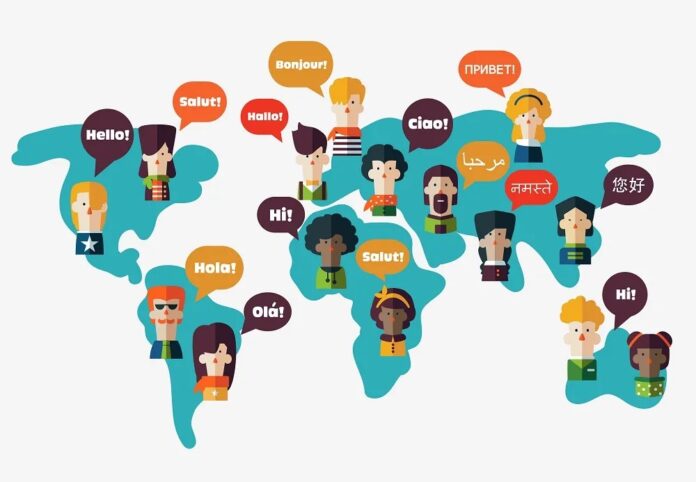By Darshini Dayanidhi
Bilingualism refers to the ability to speak and understand two languages fluently. It is estimated that roughly 3.95 billion people around the world identify as being either bilingual or multilingual. Scientists urge more and more people to learn new languages because its benefits are many, ranging from cognitive, linguistic, cultural, and social advantages.
Gives children an academic advantage
Bilingual children can outperform monolingual children in several subject areas because learning new languages stimulates the brain in a way that enhances cognitive abilities such as problem-solving, creativity, and critical thinking. Individuals also show signs of improved multitasking, and memory skills.
Increases awareness of other cultures
Being bilingual exposes people to different linguistic expressions, social norms, and cultural nuances embedded in each language. It gives the opportunity to also be able to gain insights into new ways of thinking, traditions, and unique perspectives of diverse communities. This heightens cross-cultural understanding, empathy, and appreciation for the richness of global diversity and helps teach people proper cultural sensitivity.
Improves competitiveness in the job market
The number of international migrants has skyrocketed globally, especially over the past five decades, and this means that more and more people move to foreign countries who speak different languages, and learning those particular languages becomes key to ensuring survival in the workplace. Additionally, companies, especially those with international offices, consider bilingualism a high priority, and being able to communicate with foreign clients makes bilinguals more valuable than the average employee.
Stay mentally stronger for longer
Bilingualism, research indicates, contributes to the delayed onset of age-related cognitive decline and reduces the chances of neurodegenerative diseases like dementia and Alzheimer’s. Since bilinguals’ brains age more slowly, they live longer and more satisfying lives.
Easier to learn a third language
Bilingual individuals already mastered the art of switching between two different languages which gives them the flexibility to seamlessly transition amidst different linguistic systems when learning a third language. Bilinguals’ heightened sense of language structures, grammar, and syntax makes it easier and faster for them to grasp a new language.
Bilingualism is a powerful asset for virtually everyone in any environment, providing a variety of essential skills. This journey introduces subjects to global diversity while also giving deep assistance for personal improvement in an approachable manner.










